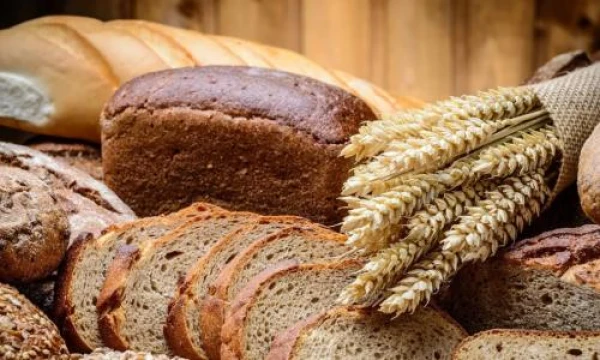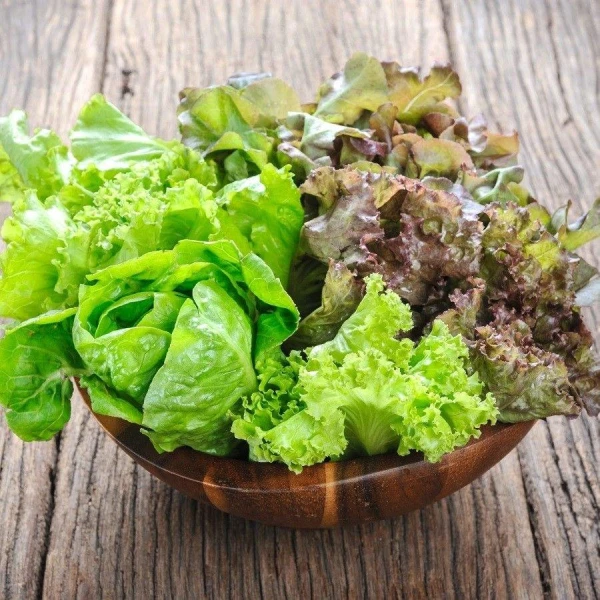
To maintain health, it is extremely important to receive a sufficient amount of protein daily. Well-known sources of protein include meat from mammals and birds, fish, seafood, dairy products, as well as plant sources such as legumes, nuts, and seeds. We all know that a certain amount of protein is necessary each day. However, we often choose foods high in fats rather than proteins, leading to a protein deficiency in the body.
First of all, one should give up hope for dairy products. “Marketing campaigns emphasize the high protein content in yogurts,” warns nutritionist Natalia Dyuzhaya-Reshetnikova, author of more than 10 unique weight loss programs. “But it is important to remember that while dairy protein is considered complete, it is not absorbed by many people due to a lack of enzymes for digesting lactose. As a result, instead of benefiting from dairy products, a person faces inflammatory processes and weight gain. There are categories of people for whom dairy products are necessary, but for most, they are not essential.”
Moreover, fatty cuts of meat will not provide sufficient protein. “Pork and lamb contain protein, but in smaller amounts and with high fat content,” notes dietitian and nutrition coach Irina Vorobeykova.
Unfortunately, legumes are also not a reliable source of protein. “It is important to understand that plant protein is not the most complete,” emphasizes Natalia Dyuzhaya-Reshetnikova. “In 100 g of chickpeas, there are 20 g of protein, but this is based on dry matter. One must consider the degree of cooking. Additionally, they contain almost 50 g of carbohydrates. Plant protein is absorbed only 30 percent. That is, if you eat 300 g of chickpea porridge made from 100 g of chickpeas, 20 g of protein enters the body, but only 9 g is absorbed.”
“Most protein bars actually contain more carbohydrates than protein. Many believe that lentils and chickpeas are purely protein products, but they have more carbohydrates than protein,” agrees Andrey Nevsky, dietitian and nutritionist. According to him, one should also not overindulge in cheeses: “There is a belief that cheeses are protein. Indeed, cheeses contain protein, but, for example, mascarpone is a fattier product, and it does not have much protein. Processed cheese also contains little protein, although it is perceived as cheese, and therefore as a source of protein.”
What Are the Risks of Protein Deficiency?
Maintaining a balance in the diet and sufficient intake of well-absorbed proteins is an important task when planning your menu. If you consume foods that do not provide the necessary amount of protein, it can lead to serious health consequences.
It is necessary to regularly consume quality sources of protein: a person is a protein structure. Our muscles and internal organs consist of protein and water. A constant lack of protein can cause unpleasant consequences, believes Andrey Nevsky. The most immediate consequences of deficiency include:
— slowed metabolism;
— decreased immunity;
— hormonal imbalance;
— physical weakness and accelerated aging;
— flabbiness and weakness of muscles;
— thinning skin, loss of elasticity, and sagging;
— excessive hair loss;
— brittleness and splitting of nails;
— appearance of wrinkles on the face.
According to Andrey Nevsky, these symptoms are most pronounced in people who have long avoided animal products. For the normal functioning of the body, it is necessary to obtain protein from food. It cannot independently produce certain types of protein compounds, and plant proteins cannot fully replace animal ones.
Protein is essential for the normal functioning of the thyroid gland. “The cause of hypothyroidism (insufficient production of thyroid hormones) is often a protein deficiency,” warns Natalia Dyuzhaya-Reshetnikova. “Hypothyroidism is a problem of modern society. Many are even unaware that they live in a state of deficiency of thyroid hormones and protein while taking sedatives. Then they start taking hormones, eating only pasta, for example. It is necessary to simply adjust your diet. The same thyroxine is synthesized from the amino acid found in meat.
Another common problem among modern women is low progesterone levels. Protein is also necessary for its synthesis. Various forms of anemia often arise due to a lack of protein. At the same time, a person does not feel hungry; their diet consists of fast food. Or polycystic ovary syndrome, which has become too common. Studies show that the cause of polycystic is often insulin resistance or type 2 diabetes.
If you analyze the diet of people suffering from this disease, you often notice that they do not eat meat and eggs. Their menu includes pizza, pasta, rolls, and of course, pastries. Girls who have cycle problems can check: reduce sugar intake. Better yet, eliminate it completely. Increase the amount of quality protein foods in your diet, add B vitamins and vitamin C — and your cycle will normalize.
Without protein, the body may begin to gradually break down. Hormones are the first to suffer, and the nervous system's functioning is disrupted. Many who eat fast food and sweets do not realize that, in addition to obesity, they may have something like Kwashiorkor syndrome. This disease has been recorded in regions with food shortages in children aged 1 to 4 years and is considered a childhood problem. However, a huge belly is often observed in thin vegetarians. Many, encountering this symptom, begin to actively lose weight, limiting themselves to only vegetables and fruits, but the belly continues to grow. A healthy person with a normal level of protein should have only a slightly protruding belly.













